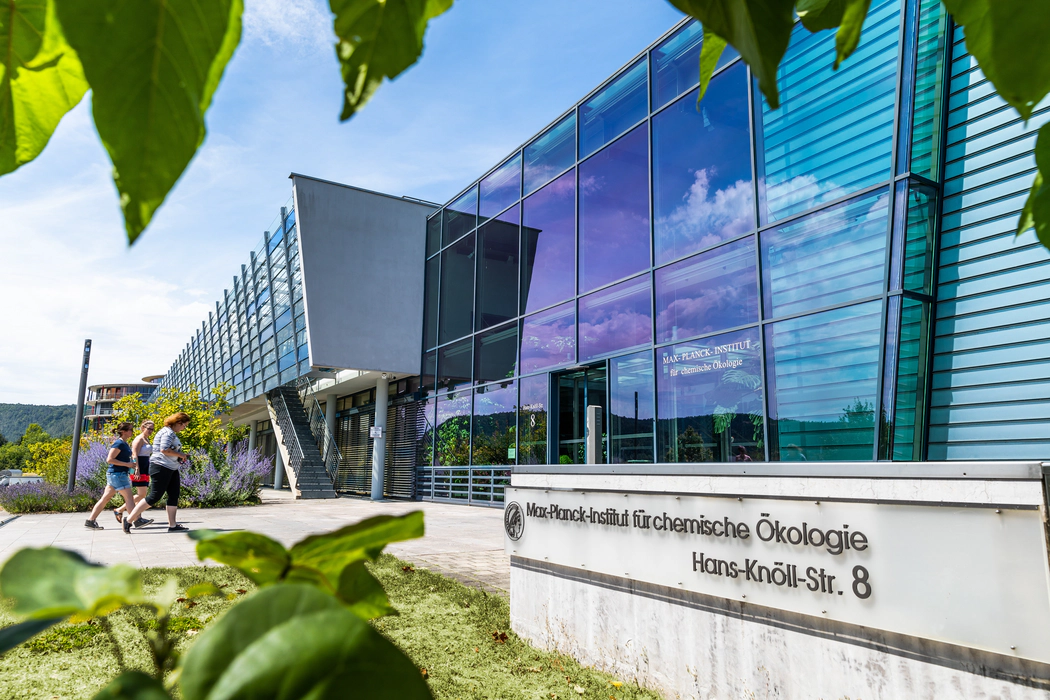Which Chemical Traits Protect the Roots of Dandelions Against Insect Damage?
DOI:
https://doi.org/10.21036/LTPUB10219Researcher
Jonathan Gershenzon is Director of the Department of Biochemistry at the Max Planck Institute for Chemical Ecology and Honorary Professor at Friedrich Schiller University, both Jena, Germany. Before joining the Max Planck Society, he worked as a scientist at the Institute for Biological Chemistry, Washington State University in Pullman. Gershenzon studies the biochemistry of plant defenses, focusing on two major groups: glucosinolates and terpenoids. In 2013, he was elected into the American Association for the Advancement of Science and listed as one of the Most Cited Authors in Plant Sciences in Europe by Lab Times.

Original Publication
A Latex Metabolite Benefits Plant Fitness under Root Herbivore Attack
Meret Huber,
Janina Epping,
Christian Schulze Gronover,
Julia Fricke,
Zohra Aziz,
Published in
Citation
Jonathan Gershenzon,
Latest Thinking,
Which Chemical Traits Protect the Roots of Dandelions Against Insect Damage?,
https://doi.org/10.21036/LTPUB10219,
Credits:
© Jonathan Gershenzon
and Latest Thinking
This work is licensed under CC-BY 4.0
